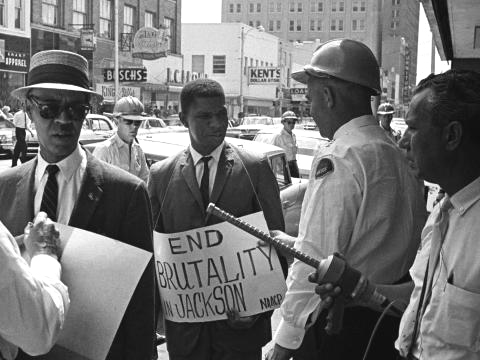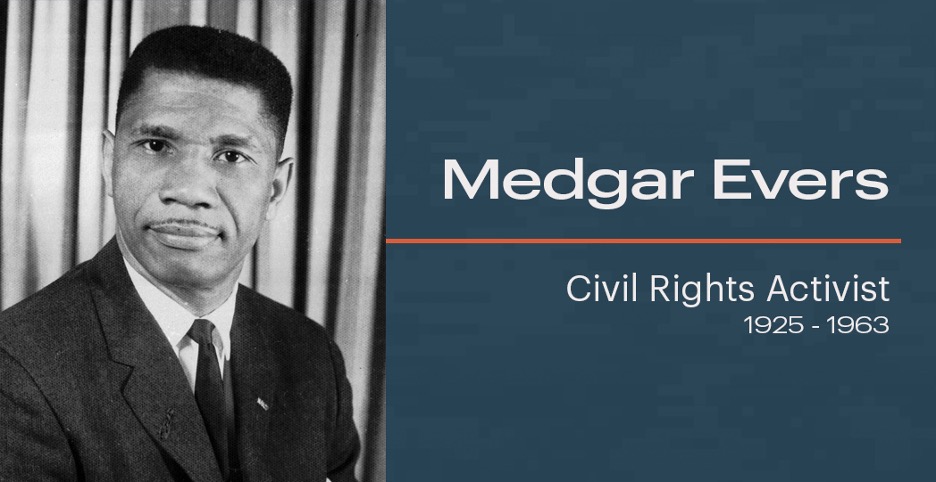On February 5, 1994, a significant yet belated act of justice was delivered when white supremacist Byron De La Beckwith was convicted for the murder of Medgar Evers.
This verdict came more than 30 years after Evers, an African American civil rights leader, was assassinated in the driveway of his home in Jackson, Mississippi, on June 12, 1963.
While this conviction brought a sense of justice to his family and supporters, it also served as a grim reminder of the systemic racial discrimination that had plagued America for centuries.
Medgar Wiley Evers was born on July 2, 1925, near Decatur, Mississippi. A veteran of World War II, he returned home only to face the persistent and brutal realities of segregation in the South. Despite his service to his country, he was treated as a second-class citizen.
Evers graduated from Alcorn College in 1952 and soon dedicated himself to the fight against racial injustice, organizing local chapters of the NAACP and spearheading efforts to desegregate the University of Mississippi.
His work as the NAACP’s first field secretary in Mississippi was marked by relentless activism.
He led peaceful demonstrations, organized voter registration drives, and advocated economic boycotts, all aimed at dismantling institutionalized racism.
In 1962, he played a crucial role in helping James Meredith become the first African American student at the University of Mississippi, a milestone in the civil rights movement. However, his advocacy came at a price: he endured threats and attempts on his life before ultimately being assassinated at just 37 years old.

Evers’ death and the delayed justice he received underscore a fundamental question that society must continuously confront: How can we build a world where equity, justice, and humanity are truly upheld regardless of race, color, or gender? The struggle for racial equality did not end with the civil rights movement of the 1960s. Inequities still exist in education, employment, housing, and the criminal justice system. We must recognize that the fight for justice is ongoing and requires collective effort.
A just society is one where opportunities are not determined by the color of one’s skin but by their capabilities and aspirations.
Equity ensures that all individuals have access to the same opportunities, and justice demands accountability for those who infringe upon the rights of others. Humanity at its core calls for us to treat one another with dignity and respect.
The lessons from Medgar Evers’ life and tragic death should serve as a call to action. We must commit ourselves to eradicating all forms of discrimination and fostering an inclusive society where no one fears for their life due to their identity. Our responsibility, as individuals and as a collective, is to continue advocating for justice, demanding equity, and embracing the humanity of every person.
Only by learning from history and taking deliberate steps toward change can we hope to create a world where fairness, justice, and humanity are not mere ideals but lived realities.

